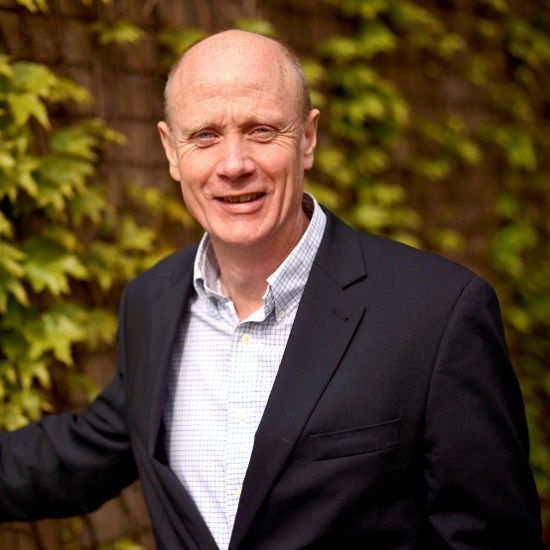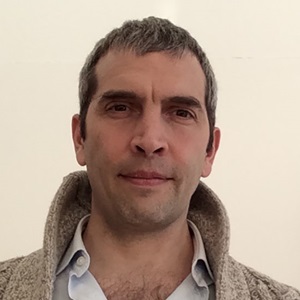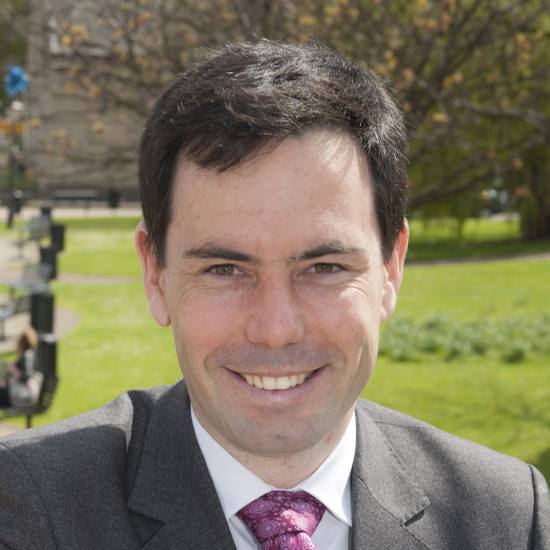Links to external sources may no longer work as intended. The content may not represent the latest thinking in this area or the Society’s current position on the topic.
Synthetic biology: does industry get it?

Synthetic biology, in its broadest sense, is opening up a suite of possibilities for the design and redesign of biology to create new products and processes - advances in research and new toolkits could see the application of synthetic biology across a variety of industry sectors from pharmaceuticals to energy.
The UK is well positioned to play a leading role in the development of synthetic biology. It has world-leading research capabilities, supported by investment from the research councils in the creation of new research and innovation centres, and a small but growing SME community establishing connections with US leaders. At the same time, multinational corporations are becoming increasingly involved in the field, funding research within their own companies and in collaboration with academia and SMEs. However, challenges to the wider uptake of synthetic biology by industry remain. These include the clear need to demonstrate profitability in order to displace existing processes, concerns over public perception and difficulties around the language and definitions used in the field. Critically, these barriers risk meaning that the full potential of synthetic biology is not well understood by industry.
This conference will provide an honest and open appraisal of how industry is using synthetic biology, acknowledging successes and strengths but also looking at where there are weaknesses or potential risks. Speakers will include senior scientists from big industry and academia who will describe what challenges they believe synthetic biology can solve and what unmet needs it can address.
Attending this event
This event is intended for representatives from industry, academia and government who have an interest in synthetic biology. A programme will be published soon.
Please click here to register or contact the Industry team for more information.
About the conference series
The conference is part of the Society's Transforming our future conference series, launched to address the major scientific and technical challenges of the next decade and beyond. Each conference will focus on one topic and will seek to cover key issues, including:
- The current state of the key industry sectors involved
- The position of the UK and how it can benefit from the technology
- The future direction of research
- The challenges faced in turning research into commercial success
- The skills base needed to deliver major scientific advances
- The wider social and economic impacts
The conferences are a key component of the Society’s five-year Science, Industry and Translation initiative which demonstrates our commitment to reintegrate science and industry at the Society and to promote science and its value by connecting academia, industry and government.
Organisers
Schedule
| 09:00 - 09:05 | Welcome remarks |
|---|---|
| 09:05 - 09:35 |
New bio-based supply chains for medicines
Plants are a rich source of unique molecules, including 25% of natural-product-derived drugs. However, the discovery, synthesis, and overall material supply chains for sourcing plant-based medicines remain ad hoc, biased, and tedious. While microbial biosynthesis presents compelling alternatives to traditional approaches based on extraction from natural plant hosts, many challenges exist in the reconstruction of plant specialized metabolic pathways in microbial hosts. We have developed approaches to address the challenges that arise in the reconstruction of complex plant biosynthetic pathways in microbial hosts. We have utilized these strategies to develop yeast production platforms for an important class of plant alkaloids, which include the medicinal opioids. The intersection of synthetic biology, genomics, and informatics will lead to transformative advances in how we make and discover essential medicines. 
Professor Christina Smolke, Associate Professor of Bioengineering and Chemical Engineering, Stanford University

Professor Christina Smolke, Associate Professor of Bioengineering and Chemical Engineering, Stanford University |
| 09:35 - 10:05 |
The emerging synthetic biology industrial ecosystem
In the past several years an ecosystem of new companies has emerged in synthetic biology alongside substantial venture capital funding entering the sector. These companies are reducing the cost and shortening the timeline to deliver genetically engineered organisms. The falling cost of genetic engineering is opening new markets to biotechnology. 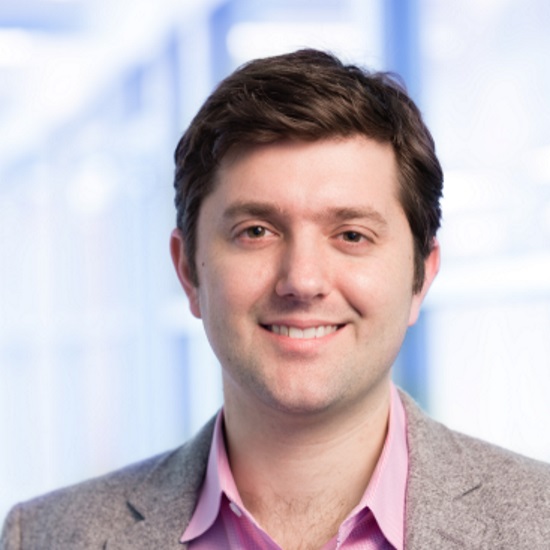
Dr Jason Kelly, Ginkgo Bioworks

Dr Jason Kelly, Ginkgo BioworksDr. Jason Kelly is the co-founder and CEO of Ginkgo Bioworks. Ginkgo designs microbes that produce flavor, fragrance, cosmetic, nutrition, and food ingredients. Ginkgo designs these microbes using their 40K sqft Boston facility, Bioworks2, that replaces by-hand lab work with robotic automation and software. The company recently raised over $150M in venture capital to expand their facilities and has partnerships with companies including Robertet, Cargill, and Ajinomoto. Ginkgo has received numerous awards including being recently selected #7 on CNBC's Disruptor 50 List of fast-growing companies. Prior to Ginkgo, Jason received B.S. degrees in Chemical Engineering and Biology and a PhD in Biological Engineering all from MIT. |
| 10:05 - 11:05 |
Panel discussion
Dr Christina Smolke, Stanford University Dr Jason Kelly, Ginkgo BioWorks Sir Geoffrey Owen, London School of Economics Haydn Parry, Oxitec Dr Morten Sogaard, Pfizer |
| 11:30 - 12:00 |
Programming biology
The ability to program biology could enable fundamental breakthroughs in the detection and treatment of disease with high precision, the production of clean energy in a sustainable way, and the biofabrication of new medicines, fuels, and materials. In spite of this potential, there are still many challenges to overcome. First and foremost, programming biology is complex and error-prone, and we are at a point where powerful computer software could significantly accelerate further progress. This talk presents ongoing work to develop methods and software for programming biological systems. We present methods for programming molecular circuits made of DNA, and for characterising genetic parts that can be combined into devices for programming cell function. Just as software for programming digital computers transformed the technology landscape, software for programming biological systems could enable entirely new industries in biotechnology. 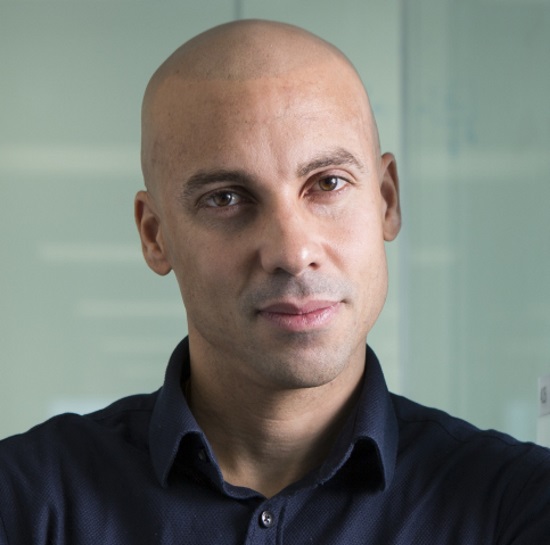
Dr Andrew Phillips, Head of Bio Computation group at Microsoft

Dr Andrew Phillips, Head of Bio Computation group at MicrosoftAndrew Phillips leads the Biological Computation Group at Microsoft Research Cambridge, where he is developing methods and software for analysing and programming biological systems. Andrew received a postgraduate degree in Computer Science from the University of Cambridge, under a scholarship from the Barbados government. He pursued a PhD in the Department of Computing at Imperial College London, where he developed methods for specifying and implementing secure mobile applications. He joined Microsoft Research Cambridge in 2005, to conduct research at the intersection of programming language theory and biological modelling. In 2011 he received a Technology Review TR35 award for work on computer-assisted genetic engineering. The award recognises the world's leading innovators under the age of 35. His hobbies include snowboarding and kite-surfing, he is a black belt in Chinese kick-boxing and is a qualified ballroom dancing instructor. |
|---|---|
| 12:00 - 12:30 |
The energy challenge and synthetic biology
This talk will describe the transition in the energy system towards lower carbon and renewable energy sources. We will look at some of the fundamental scientific challenges around this transition and where synthetic biology can play a role. 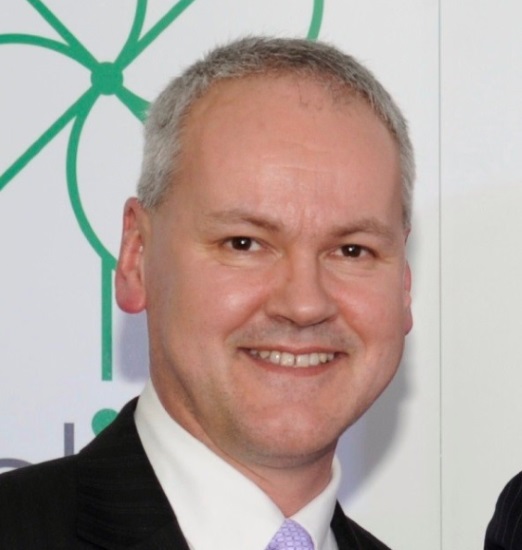
Dr Jeremy Shears, Global Manager, Innovation & New Energies, Shell Projects & Technology

Dr Jeremy Shears, Global Manager, Innovation & New Energies, Shell Projects & TechnologyJeremy Shears is Global Manager of the Biodomain group in Shell’s Innovation & New Energies technology division. He is responsible for leading Shell’s R&D in bioscience, advanced biofuels & hydrogen mobility at centres in UK, Netherlands, Germany and USA. He has a PhD in Biochemistry from the University of Bristol. Jeremy joined Shell in 1986 and has held various commercial and technology management positions in the UK, Belgium, United Arab Emirates and Singapore, covering a variety of business areas including chemicals, fuels, lubricants and product safety. |
| 12:30 - 13:30 |
Dr Andrew Phillips, Microsoft Dr Jeremy Shears, Shell Projects & Technology Dr Neil Parry, Unilever Dr Dass Chahal, Croda Professor Joyce Tait, The University of Edinburgh |
| 14:30 - 15:00 |
Towards a rational design and directed evolution platform for biosynthetic small molecules
Building a designer organism that can make privileged and drug-like small molecules under genetic control is the first step to building a system that can evolve small molecules under the selective pressure of a biological assay. Advances in metabolic engineering, the structural biology of natural product biosynthesis, and in single cell assay platform technologies suggest the possibility of using synthetic biology to create designer hosts for the production, screening, and directed evolution of small molecules. Nonetheless, there remain formidable conceptual and technical barriers to the realization of such an approach. The talk aims to identify specific challenges and gaps in our current understanding and experimental abilities, as a means of advancing further discussion and interest in the feasibility of exploring such a system. 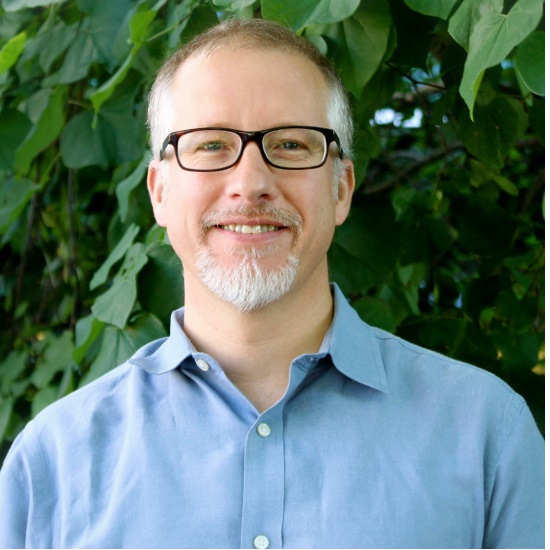
Dr Edmund Graziani, Research Fellow, Pfizer

Dr Edmund Graziani, Research Fellow, PfizerEdmund completed his B.Sc. (Hons) in Chemistry at the University of Toronto and a Ph.D. in marine natural products chemistry with Prof. Ray Andersen at the University of British Columbia. He then pursued post-doctoral studies in Prof. David Cane's lab at Brown University, followed by a biotechnology position with Prof. Julian Davies. He joined the Chemical Sciences department at Wyeth Research in 1999 where he worked on and led teams in oncology, inflammation, and neuroscience. In 2010, he joined Pfizer’s antibody drug conjugate (ADC) effort, and led a group conjugating novel payloads and linkers with the aim of advancing improved ADCs into clinical trials. In 2015 he also became the head of the synthetic biology and natural products group within Medicine Design at Pfizer. |
|---|---|
| 15:00 - 15:30 |
Reprogramming the genetic code
The information for synthesizing the molecules that allow organisms to survive and replicate is encoded in genomic DNA. In the cell, DNA is copied to messenger RNA, and triplet codons (64) in the messenger RNA are decoded - in the process of translation - to synthesize polymers of the natural 20 amino acids. This process (DNA RNA protein) describes the central dogma of molecular biology and is conserved in terrestrial life. We are interested in rewriting the central dogma to create organisms that synthesize proteins containing unnatural amino acids and polymers composed of monomer building blocks beyond the 20 natural amino acids. I will discuss our invention and synthetic evolution of new 'orthogonal' translational components (including ribosomes and aminoacyl-tRNA synthetases) to address the major challenges in re-writing the central dogma of biology. I will discuss the application of the approaches we have developed for incorporating unnatural amino acids into proteins and investigating and synthetically controlling diverse biological processes, with a particular emphasis on understanding the role of post-translational modifications. 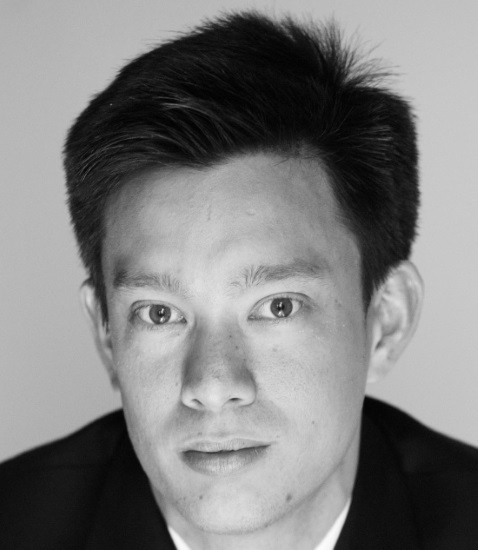
Professor Jason Chin, MRC Laboratory of Molecular Biology

Professor Jason Chin, MRC Laboratory of Molecular BiologyJason Chin is a Programme Leader at the Medical Research Council Laboratory of Molecular Biology (MRC-LMB), where he is also the Head of the Centre for Chemical & Synthetic Biology (CCSB). He is a Professor of Chemistry and Chemical Biology at the University of Cambridge Department of Chemistry and a fellow of Trinity College, Cambridge. Jason was an undergraduate at Oxford, obtained his PhD as a Fulbright grantee from Yale, and was a Damon Runyon Fellow at Scripps. From July 2003 to early 2007 he was a tenure-track group leader at MRC-LMB. He became an EMBO Young Investigator in 2005 and a tenured group leader in 2007. He was awarded the Francis Crick Prize by the Royal Society in 2009 and the Royal Society of Chemistry’s Corday Morgan Prize in 2010. He was also awarded the European Molecular Biology Organization’s (EMBO) Gold Medal and elected to EMBO membership in 2010. He is the inaugural recipient (2011) of the Louis-Jeantet Young Investigator Career Award, and in 2013 was elected to the European Inventor Hall of Fame. In 2016 he was elected fellow of the Academy of Medical Sciences. |
| 15:30 - 16:30 |
Panel discussion
Professor Paul Freemont Professor Jason Chin Dr David Tew, Technical Project Lead, Biological Technologies, GSK Dr Nigel Darby, GE Healthcare, Life Science Dr Virginia Acha, ABPI |
| 16:30 - 16:45 | Closing remarks |

